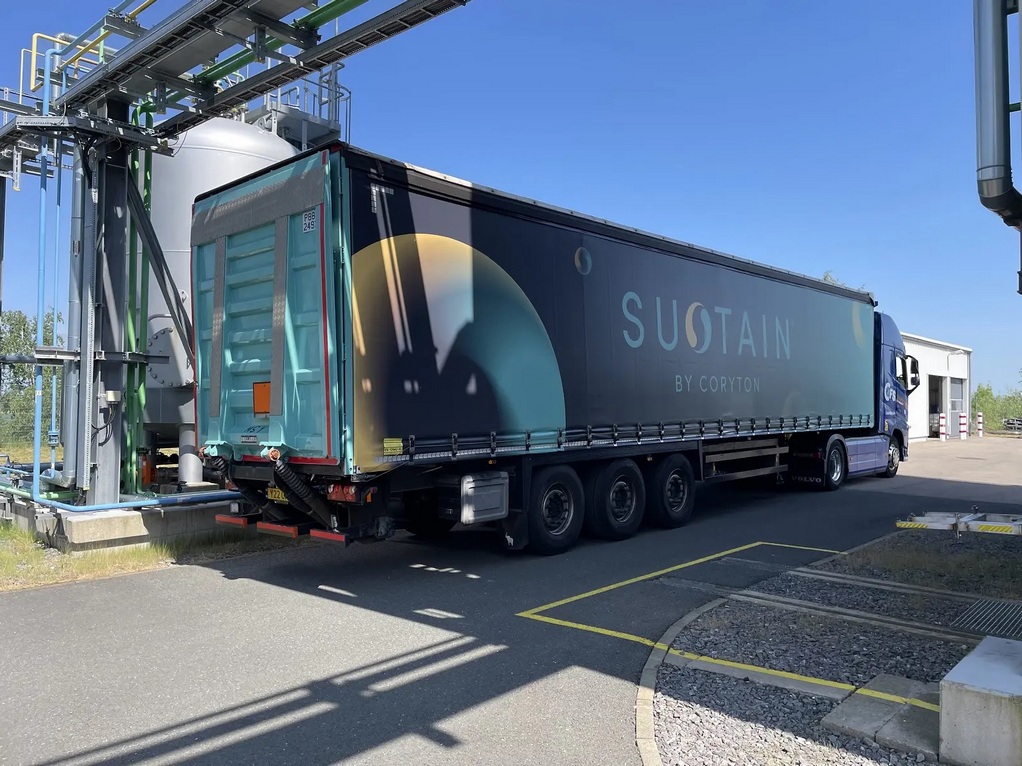The DeCarTrans project is further developing a process for producing synthetic fuel from methanol for the transport sector.
The consortium of research and industry plans to produce a total of 380,000 liters of green fuel (e-fuel) over the course of the next four years. The synthetic fuel will be produced from biogenic or regeneratively produced methanol in a demonstration facility in Freiberg, Saxony. On May 25, the first 15,000 liters of synthetic fuel produced in the project were collected from the pilot facility.
The large-scale test facility for synthetic fuel was constructed by CAC at the TU Bergakademie Freiberg in 2009 as the first and largest of its kind in Germany. Within the scope of several research projects, funded by the federal government, the Free State of Saxony and with CAC’s own funds, it was possible to continue development until 2023, patent the technology and prepare it for large-scale production. The DeCarTrans joint project now underway, funded by the BMDV, will make it possible to operate fuel synthesis in continuous use and provide fuels in sufficient quantities for demonstration purposes.
Tags: DeCarTrans, Green Fuel, Methanol, Synthetic Fuel



Recent Posts
First ship to have pioneering sensor installed to measure emissions of particles
Incat Tasmania launches world’s largest battery-electric ship
India to supply 4.12 lakh tonne green hydrogen derivatives to Japan, Singapore
Green hydrogen gets official stamp as India notifies certification scheme
Wärtsilä expands methane slip reduction capabilities by introducing NextDF technology
GS E&C, Amogy, and HD Hyundai Infracore partner with South Korean City Pohang-si
SK Incheon Petrochem Launches South Korea’s First B30 Biofuel Marine Fuel to Support Maritime Decarbonisation
JSW Infrastructure Eyes Green Hydrogen and Ammonia to Power Sustainable Port Operations